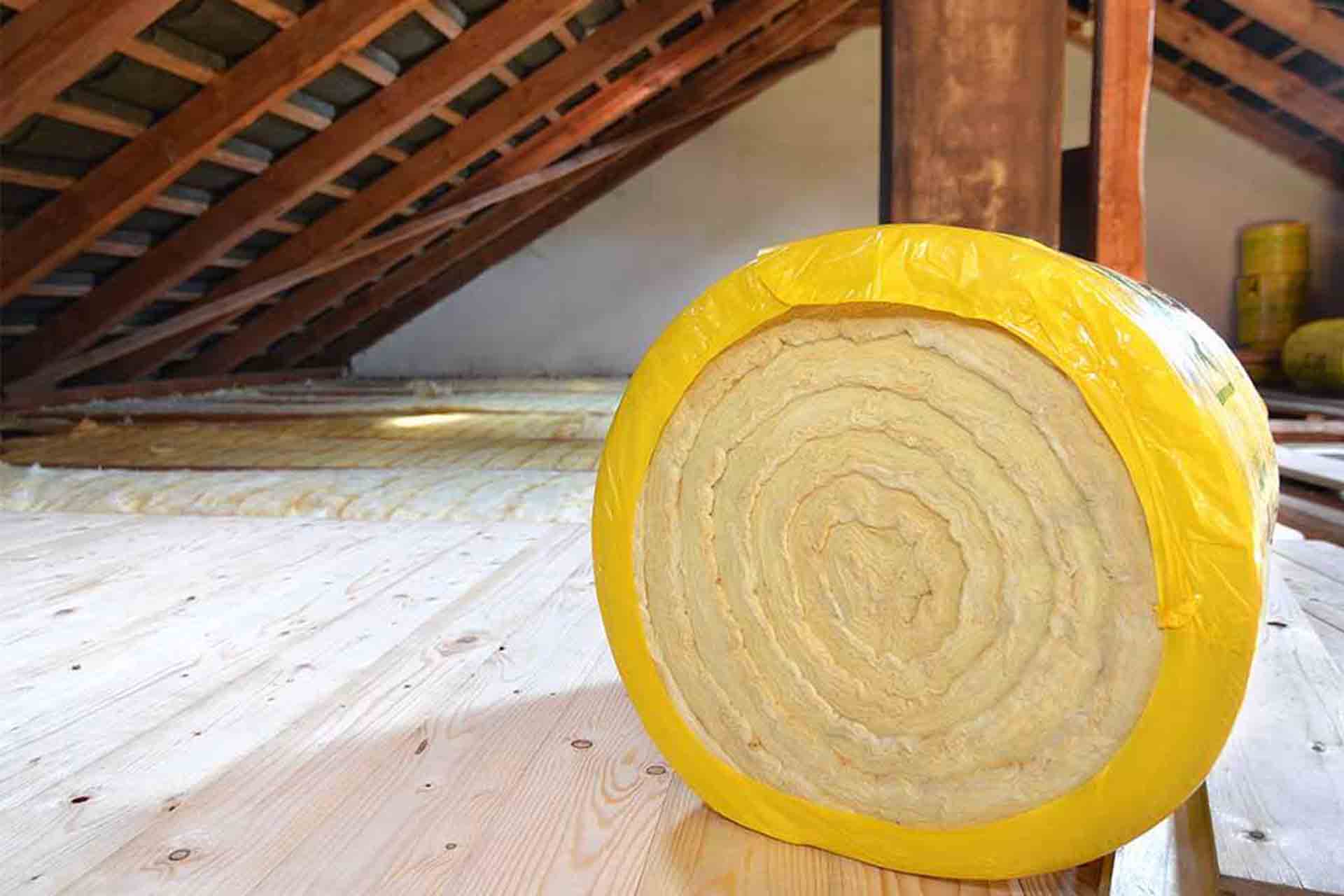PVC panels have gained significant popularity in various industries due to their versatility and durability. However, one crucial aspect that often raises questions is their insulation capabilities. In this blog post, we will delve into the topic of whether PVC panels are insulated or not, exploring their thermal and acoustic properties, applications, and benefits. By the end, you will have a comprehensive understanding of the insulation power of PVC panels.
- Understanding PVC Panels:
Before we dive into the insulation aspect, let's briefly explore what PVC panels are. PVC, short for polyvinyl chloride, is a synthetic plastic polymer known for its exceptional strength and resistance to moisture, chemicals, and impact. PVC panels are widely used in construction, interior design, and other industries due to their versatility and cost-effectiveness. - Thermal Insulation Properties:
When it comes to thermal insulation, PVC panels offer commendable performance. The unique composition of PVC, combined with its low thermal conductivity, helps to reduce heat transfer. This means that PVC panels can effectively insulate against both heat loss and heat gain, making them suitable for various applications, including walls, ceilings, and flooring. - Acoustic Insulation Properties:
In addition to thermal insulation, PVC panels also possess excellent acoustic insulation properties. The dense structure of PVC helps to absorb and dampen sound waves, reducing noise transmission between spaces. This makes PVC panels an ideal choice for soundproofing applications in areas such as recording studios, theaters, and offices. - Applications of PVC Panels:
The insulation capabilities of PVC panels make them highly versatile in numerous industries. In construction, PVC panels are commonly used for wall cladding, providing both thermal and acoustic insulation benefits. They are also utilized in false ceilings to enhance energy efficiency and create a comfortable indoor environment. Moreover, PVC panels find applications in the automotive industry, where they contribute to noise reduction and thermal comfort inside vehicles. - Benefits of PVC Panels:
Apart from their insulation properties, PVC panels offer several other advantages. Firstly, they are lightweight and easy to install, reducing labor and transportation costs. Secondly, PVC panels are resistant to moisture, mold, and mildew, making them suitable for humid environments such as bathrooms and kitchens. Additionally, PVC panels are highly durable and require minimal maintenance, ensuring long-lasting performance.
Conclusion:
In conclusion, PVC panels possess remarkable insulation capabilities, both in terms of thermal and acoustic properties. Their ability to reduce heat transfer and dampen sound waves makes them a valuable choice in various industries. Whether you are looking to enhance energy efficiency, create a soundproof environment, or improve indoor comfort, PVC panels prove to be an excellent solution. Embracing the insulation power of PVC panels can lead to cost savings, improved sustainability, and enhanced overall performance in diverse applications.

